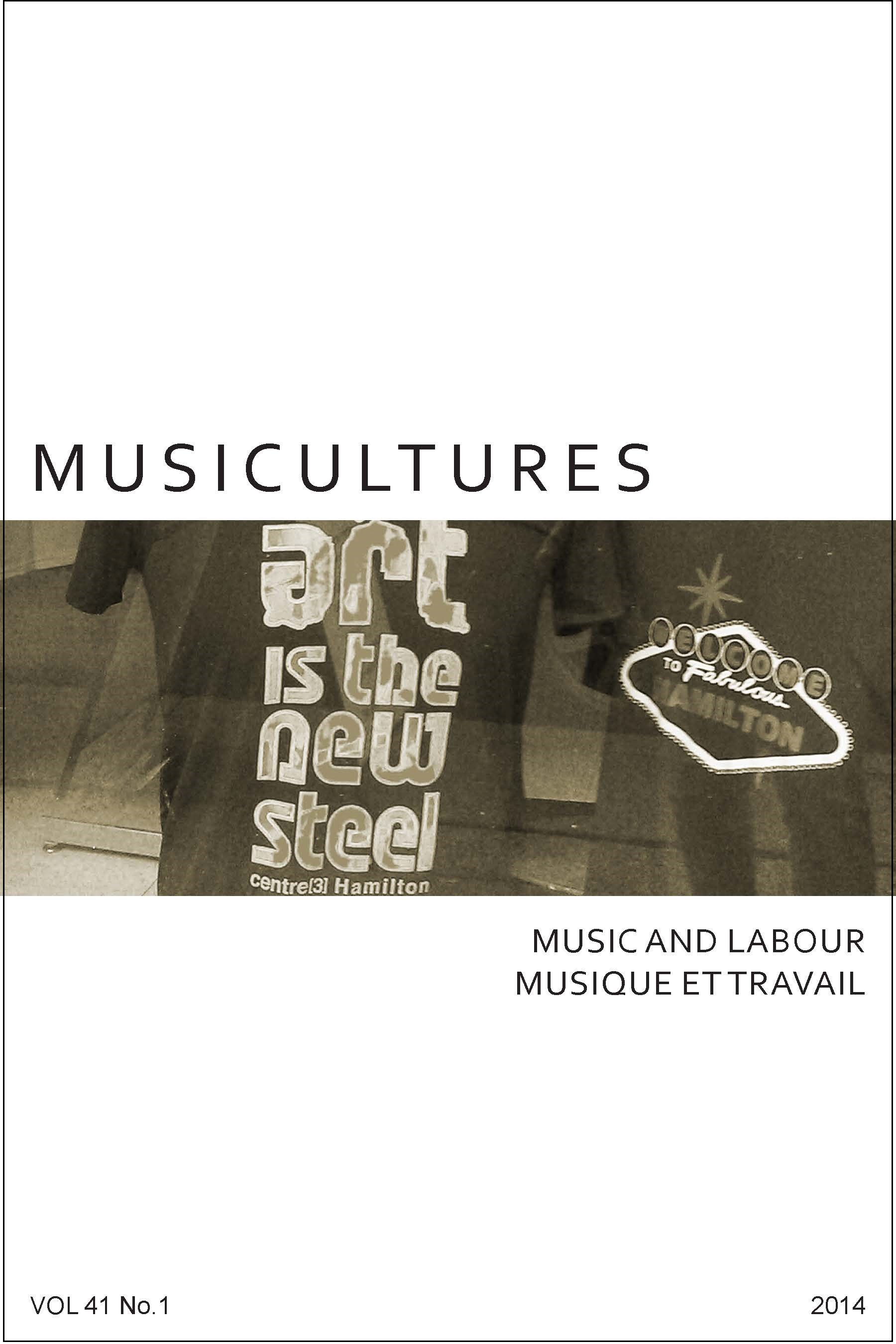Abstract
American popular music discourse and pop performers' political practice frequently give prominence to questions of rights, particularly in relation to musical property and labour. This article examines these two rights issues as they appear in popular media and in lawmaking. The article invokes the liberal division of life into "public" and "private" realms in order to explicate the mechanics of rights claims in media and legislative forums, and to explore their relationship with aspects of liberal common sense. It draws on a political-theoretical framework to problematize liberalism's basic division of life into "public" and "private" realms, and suggests that pop performers' efforts to protect or expand such rights may enact a self-cancelling or even regressive logic.- The author retains copyright over the work.
- The author grants the journal owner (The Canadian Society for Traditional Music / La Société canadienne pour les traditions musicales) an exclusive license to publish the work.
- The author may post a pre-print or post-print version of the work (see definitions below) on a personal website for up to twelve months after the work is published in MUSICultures. After twelve months, the pre-print version must be replaced with the published version.
- The author may deposit the published PDF of the work in a non-commercial online repository twelve months after the work is published in MUSICultures, or any time thereafter.
- Any such deposit must include a link to the work on the MUSICultures website, e.g., https://journals.lib.unb.ca/index.php/MC/article/view/19996
A pre-print is a work-in-progress—a contribution not yet accepted, or perhaps even submitted, to MUSICultures.
A post-print is the version of a contribution after peer review and acceptance by MUSICultures, with revisions completed.
The published version is the PDF file of a contribution as it appears in MUSICultures.
Please note that academia.edu and ResearchGate.com are both for-profit repositories; authors may not deposit the published PDF of the work in these repositories until after the journal’s embargo period.
For permission to reprint or translate material from MUSICultures, please contact Heather Sparling, General Editor of MUSICultures (heather_sparling@cbu.ca).

